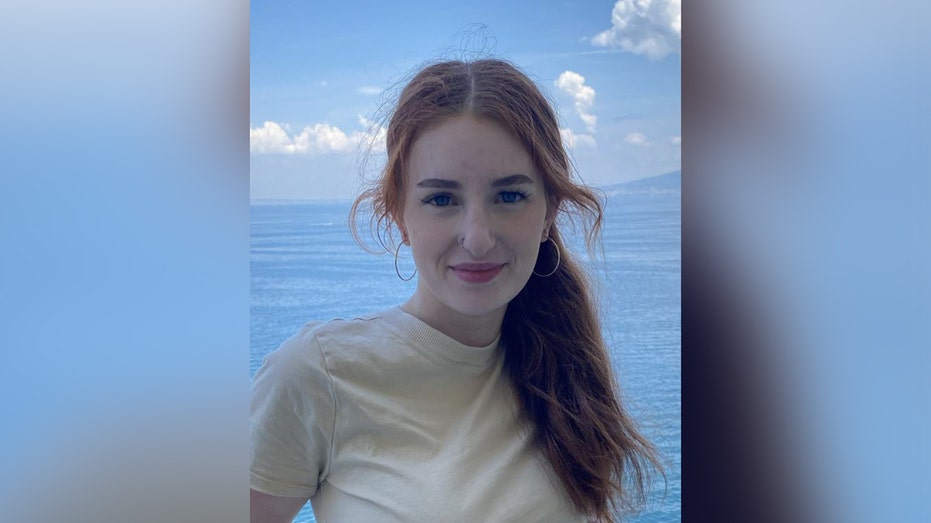Trump Claims Harvard's Foreign Students Come from Countries That Pay "Nothing" for Their Education
President Trump condemns foreign nations for contributing "nothing" to the education of their citizens at U.S. institutions like Harvard.
President Donald Trump escalated his criticism of Harvard University on Sunday, accusing foreign countries of contributing "nothing" financially toward the education of their citizens enrolled at the institution. His statements, made in a series of posts on Truth Social, come amid an ongoing legal dispute between the Trump administration and Harvard over the university’s ability to enroll foreign students.
Trump claimed that almost one-third of Harvard's student body comes from overseas, yet, in his view, neither the students’ home countries nor the students themselves provide adequate compensation for their education costs. “Why isn’t Harvard saying that almost 31% of their students are from FOREIGN LANDS, and yet those countries, some not at all friendly to the United States, pay NOTHING toward their student’s education, nor do they ever intend to,” Trump wrote. He also called for transparency regarding the nationalities of foreign students and criticized Harvard's endowment, urging the university to rely more on its own resources rather than federal funding.
The controversy intensified after the Department of Homeland Security (DHS) initiated efforts to revoke Harvard’s student visa program. The move followed claims that the university failed to provide extensive behavioral records related to its international student population, records reportedly requested by DHS. According to court filings, the department sought:
- Footage of protest activities involving student visa holders, whether or not the activities were criminal;
- Disciplinary records for all international students over the past five years;
- Documentation pertaining to any illegal, dangerous, or violent acts by student visa holders;
- Records of threats or deprivation of rights concerning other students or personnel.
Harvard has pushed back strongly against these demands, labeling the new policy “pernicious” and claiming it represents a dramatic departure from established norms without rational justification. In its lawsuit, Harvard argues that the administration's actions violate the First Amendment, the Due Process Clause, and the Administrative Procedure Act. The university states that the government’s attempt to force disclosure of student identities and activities is retaliation for Harvard’s previous resistance to federal oversight of its operations and curriculum.
A federal judge intervened on Friday, issuing a temporary order blocking the administration’s efforts to terminate the visa program. Harvard asserts that more than 7,000 of its students—nearly a quarter of its entire enrollment—would be affected if the policy were enforced.
Meanwhile, the Trump administration continues to freeze nearly $3 billion in federal funding earmarked for research at the university. Officials cite Harvard’s response to allegations of campus antisemitism during protests and the institution’s refusal to eliminate diversity, equity, and inclusion (DEI) initiatives as reasons for withholding the funds.
At least twelve Harvard students have already had their visas revoked due to their participation in campus protests. Secretary of State Marco Rubio stated before Congress that the government has likely revoked thousands of student visas already, with the possibility of further revocations “proudly” on the horizon.
The dispute over foreign students and federal funding at Harvard underscores broader tensions about immigration, academic freedom, and government oversight of private universities. As legal proceedings continue, the outcome could have far-reaching implications for both Harvard and other U.S. institutions that host international students.




